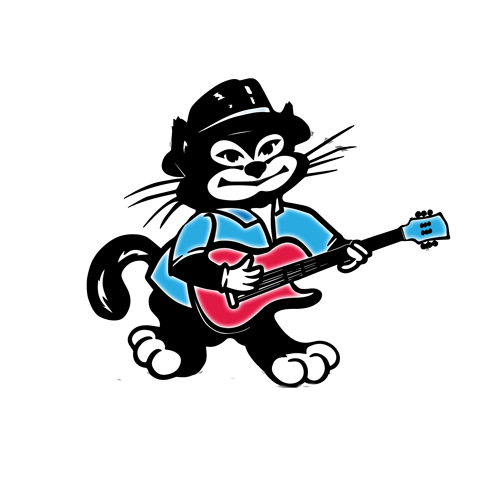
Taj Mahal at CalPoly
reviewed by Char Ham
Taj Mahal is a world bluesman. As is well known, roots of the blues come from Africa, and the blues originated here in America. From there, the influence of blues has permeated around the world, returning back to Africa. On this tour, Latin America influence came in the form of marimba and steel drummer Robert Greenridge from Trinidad.
His latest edition is the Taj Mahal Sextet. Although he performs songs that he has done for decades, there was a sense of renewal when they were recorded at the Church Studio. The results are on his latest album, “Swingin’ Live at the Church in Tulsa.” Here live, Mahal and the band showed that refreshed spirit at Cal Poly Art Center.
On “Wild About My Lovin’,” Greenridge’s spiceful playing added to Mahal’s face and hand gestures while playing on ukulele especially on the line “loving you better than myself.” A personal favorite is “Fishin’ Blues,” Taj made it a playful children’s song.
He talked about his farming background, and that being a musician he still farms with songs like “Going Up to the Country, Paint My Mailbox Blue.” You can feel the comfort he has with these long cherished songs, such that he laughs along as he talks about them.
Loved his cool version of Santo & Johnny’s “Sleepwalk,” introducing as a “make out song” us gray-haired folks know. Talk about nostalgia in a good way!
He is masterful, whether playing electric guitar or acoustic guitar, or even banjo on “Slow Drag,” which he introduces as a song about “a judge, his wife, corn liquor, the perpetrator, and a girl named Nel.” Well known “CC Rider,” he gets the vibe rocking and if it weren’t that if was a concert hall, the fans would be dancing.
Sona Jobarteh illustrated the roots of blues with her artistry on Kora. Kora is an instrument that is made out of a scooped up large gourd for the body and a neck that is tall as her. The 21 strings stretch from the top to the bottom of the instrument. The closest description of its sound is a cross between a harp and a guitar. It is played by plucking the strings with the thumb and forefinger on each hand resting against a hand post on top of the gourd. Kora and other West African musical instruments are played by a selected group of families, known as griots and her lineage to this goes back over 700 years. She is the first woman to play the Kora professionally, and opened the door of this instrument’s wonders to the world.
Joining her is son Sidiki Jobarteh-Codjoe, who plays a Balafon that is familiarly similar to the xylophone, but with calabash gourds underneath the keys as a resonator. Family is definitely on her mind with “Mali Ni Ce” talking about her mentor, her Father. Her full band includes guitar, bass, and drums.
Very powerful was “Musow,” dedicated to women working to make and change society for the better. Her work outside of music reflects the need for social justice, as Sona spoke about her most important mission running the “Gambian Academy,” where students learn their country’s culture, and build educational futures and skills.
She naturally draws the audience into the music, in one instance the origins familiar to early American music, with call and response in “Musolou”. On “Song of Love,” she humored by wagging her finger as a means to get the audience to sing along with the chorus.
Lovely favorite is “Dunoo” speaking about the responsibility of musicians to plant seeds and music for the next generation. Joining her is her long time guitarist Eric Appoapoulay on vocals while she plays guitar.
Their music is mesmerizing, drawing one to feel as if your heart and soul opened.
Both bands rounded up the evening performing together on stage. Here one sees the past & present of world blues by means of both contrast and comparison.

